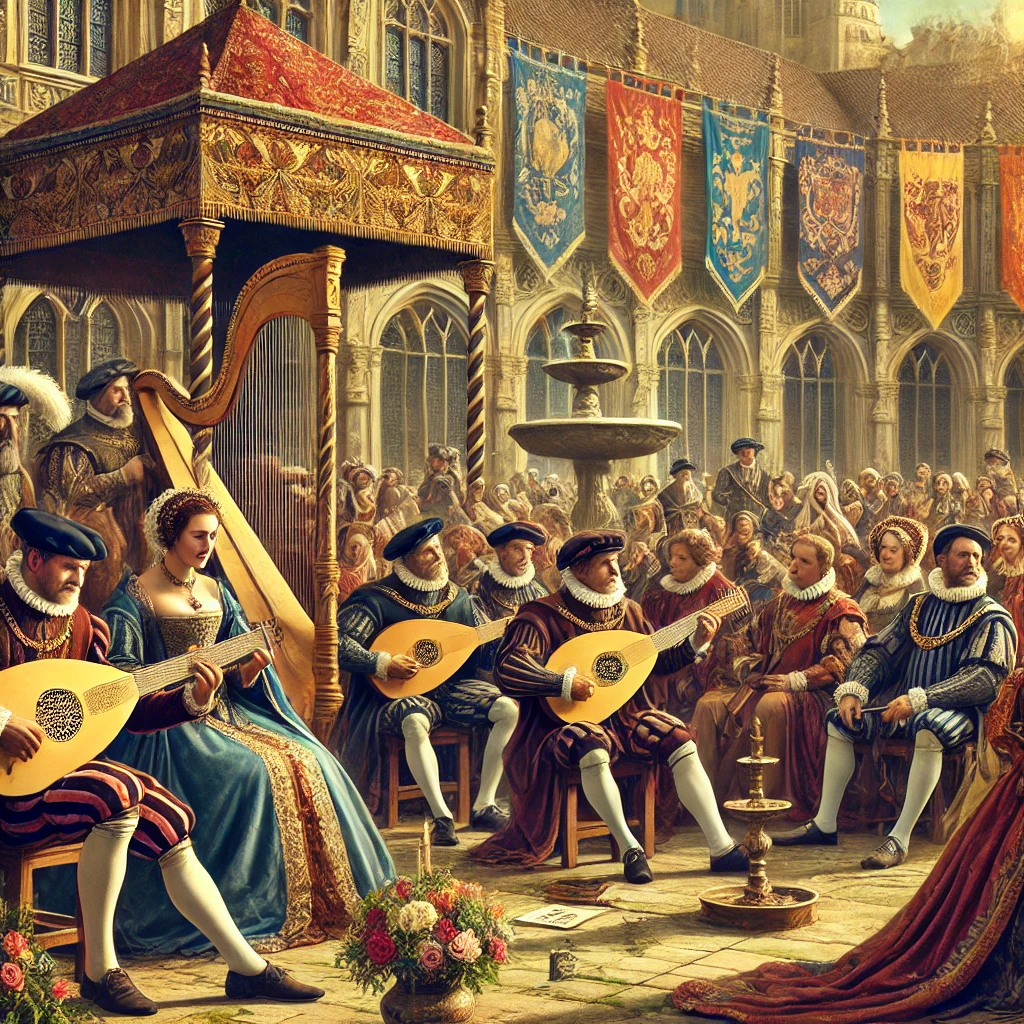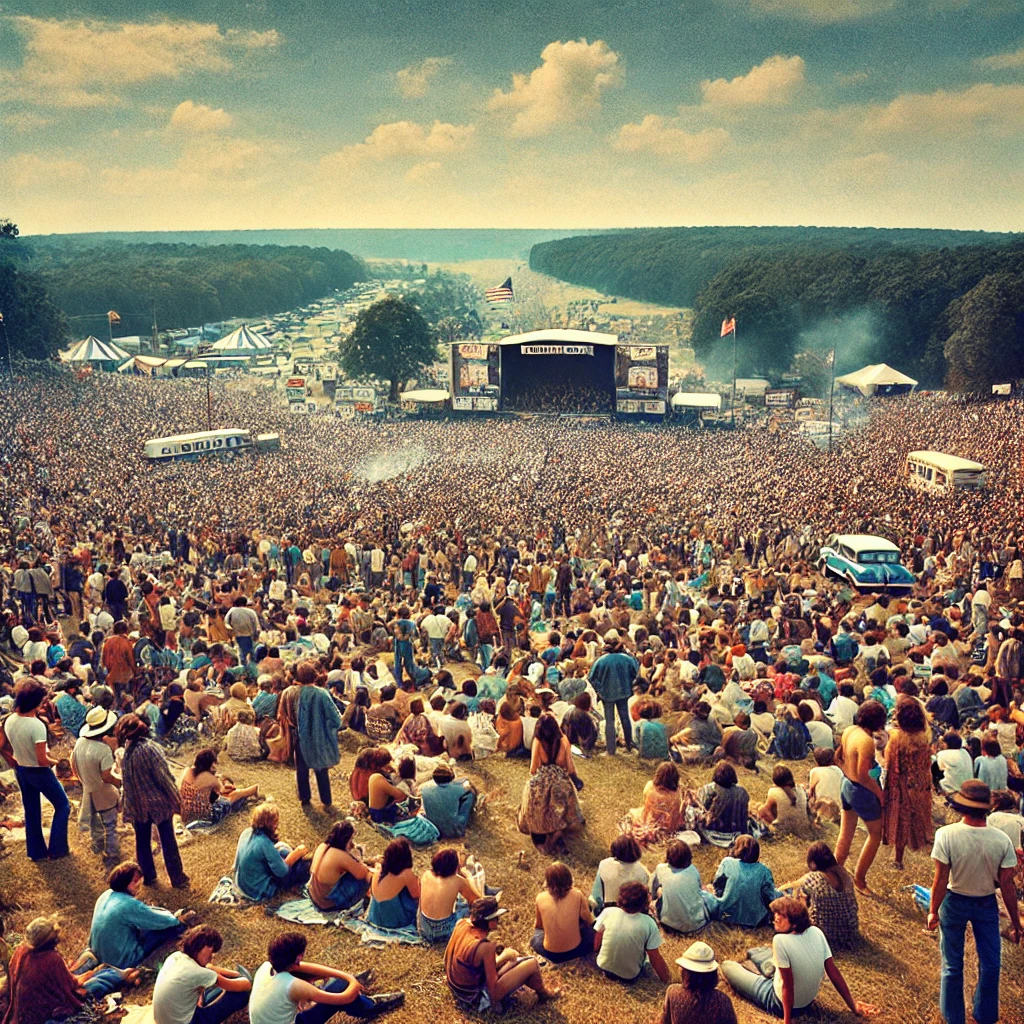Music festivals aren’t just about the music—they’re life-changing experiences that define who we are, especially during our youth. Whether it’s dancing until dawn, meeting like-minded people, or simply breaking free from daily routines, festivals have become modern rites of passage. But why are these events so important for shaping youth identity? Let’s dive into the cultural, social, and emotional impact that makes festivals a crucial milestone in growing up.

Music Festivals: More Than Just Concerts
At first glance, music festivals may seem like just a fun escape with great bands and overpriced food. However, they’re much more than that. For young people, festivals offer a unique environment where they can explore their individuality and embrace new aspects of their identity. The diversity in music genres and festival-goers creates a rich tapestry of self-expression that transcends the ordinary social structures of school or work life.
The Social Bonds Built at Festivals
One of the most significant ways festivals influence youth identity is through the creation of social bonds. In a world where many young people feel isolated or disconnected, festivals act as a temporary utopia where everyone can be their authentic selves. The shared experience of music, art, and culture helps foster deep connections with others. This sense of community can have a lasting impact on how young people view themselves and their place in the world.
Freedom and Self-Expression
Festivals often represent a break from the constraints of everyday life. For many youths, it’s a chance to express themselves freely and authentically—whether that’s through fashion, behavior, or simply the freedom to dance without judgment. It’s no surprise that festivals like Coachella, Glastonbury, and Lollapalooza have become cultural touchstones where attendees feel liberated to explore their identities in ways they might not feel comfortable doing elsewhere.
A Rite of Passage for Many
Attending a music festival has become a significant rite of passage for many young people. It’s often one of the first major independent experiences where they can step away from family structures and dive into an immersive, communal environment. The energy and excitement of a festival can become a transformative experience that stays with someone for years, helping shape who they are and what they value.
The Emotional Impact of Festivals
Let’s not overlook the emotional connection that festivals create. The memories made at these events, the highs from a favorite band’s performance, or even the challenges of weathering the elements all contribute to a deeply emotional experience. These intense feelings play a huge role in how young people form their identities, as the emotional depth of these moments is often remembered for a lifetime.
Globalization and Festival Culture
With the rise of social media and the global reach of festivals, young people today are exposed to new ideas and cultures from all over the world. Events like Tomorrowland and Burning Man bring together diverse groups of people, fostering a sense of global citizenship and cross-cultural understanding. This globalization of festival culture allows youth to not only define their own identities but also to appreciate and integrate other cultures into their sense of self.
Conclusion: Why Festivals Matter for Youth Identity
Music festivals have evolved into more than just events—they are transformative spaces where youth identity is explored, challenged, and redefined. Through the social bonds, freedom of expression, emotional intensity, and global perspectives they offer, festivals have become a modern rite of passage. For many young people, attending a festival is a formative experience that shapes how they see themselves and the world.
Sources:



